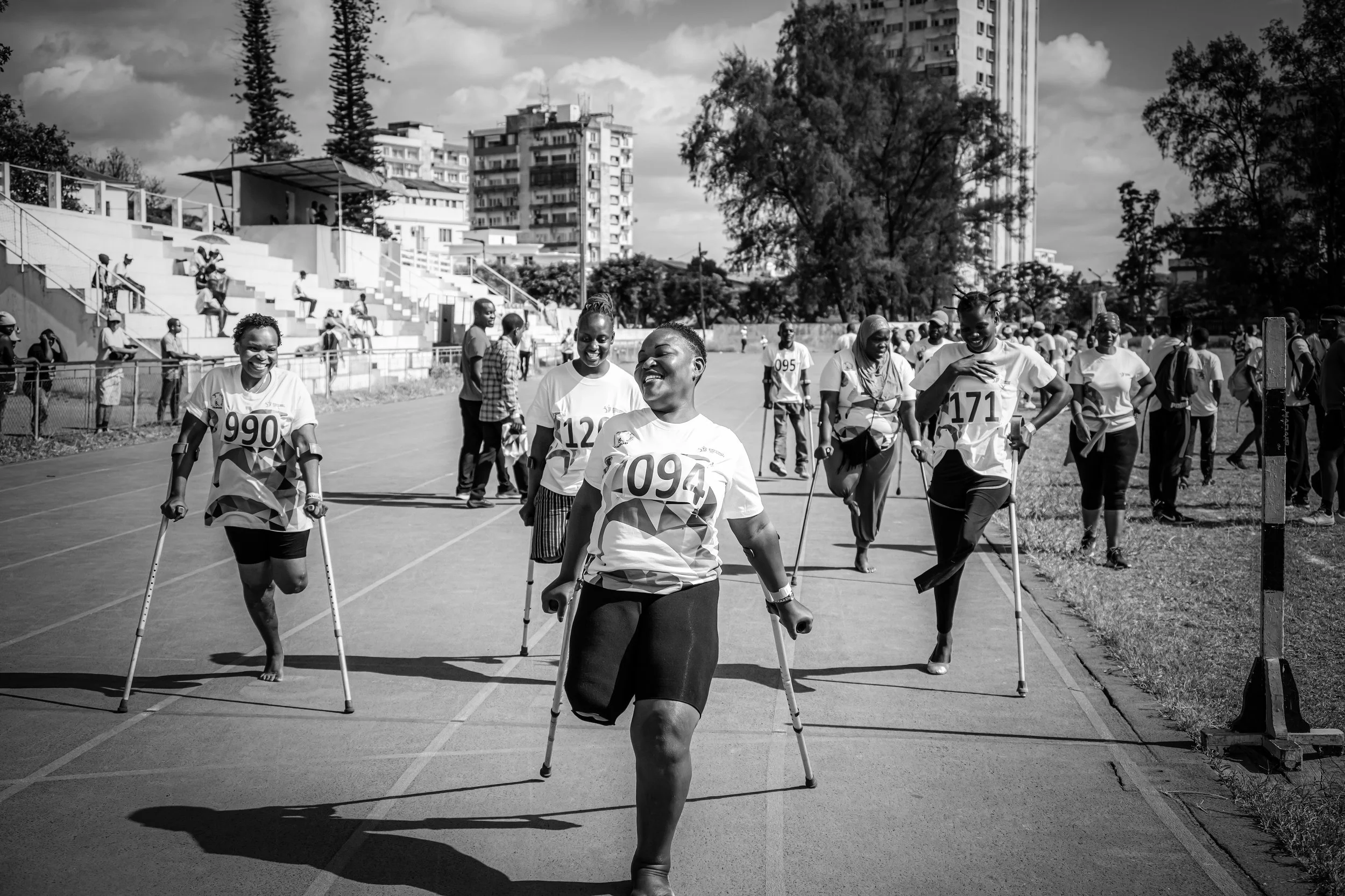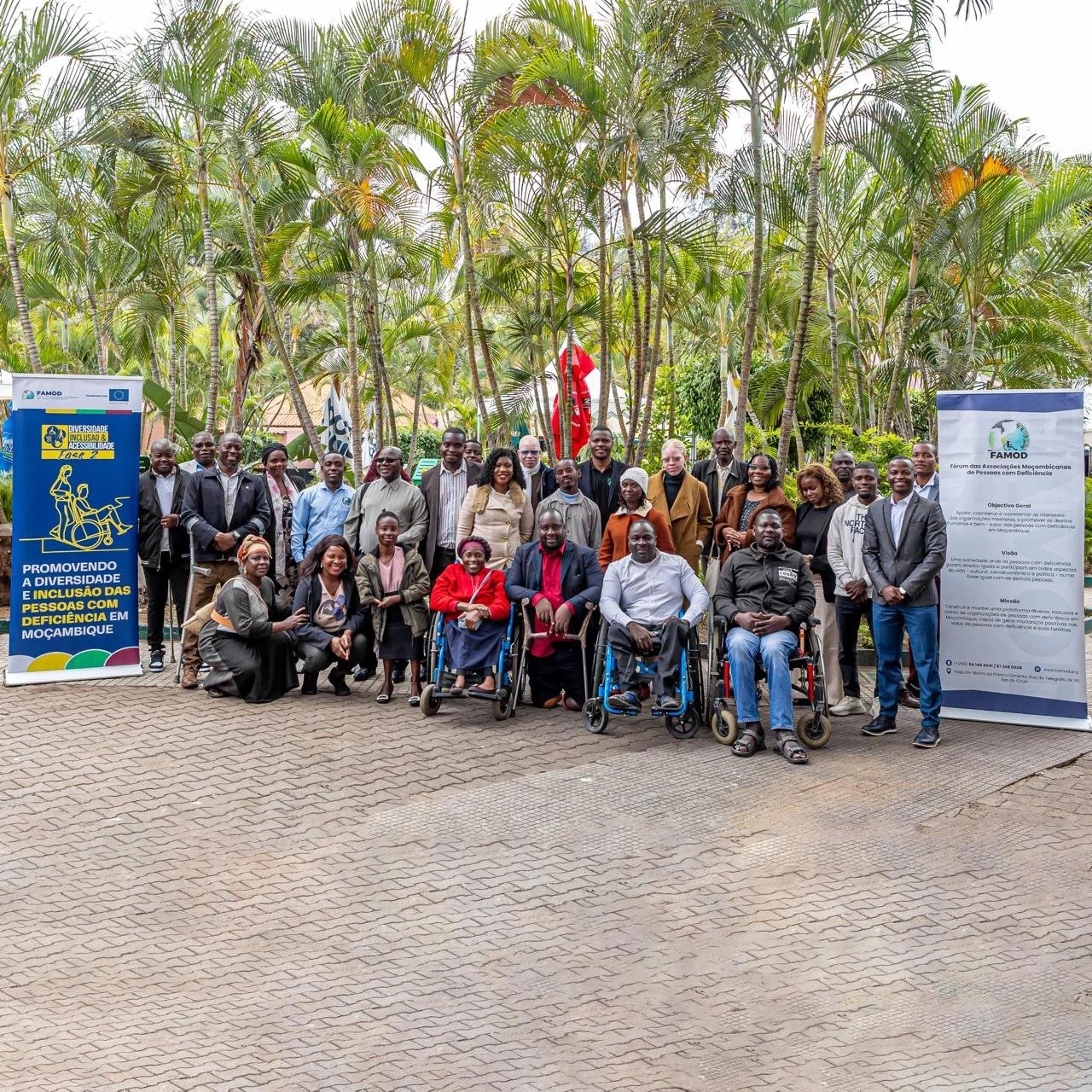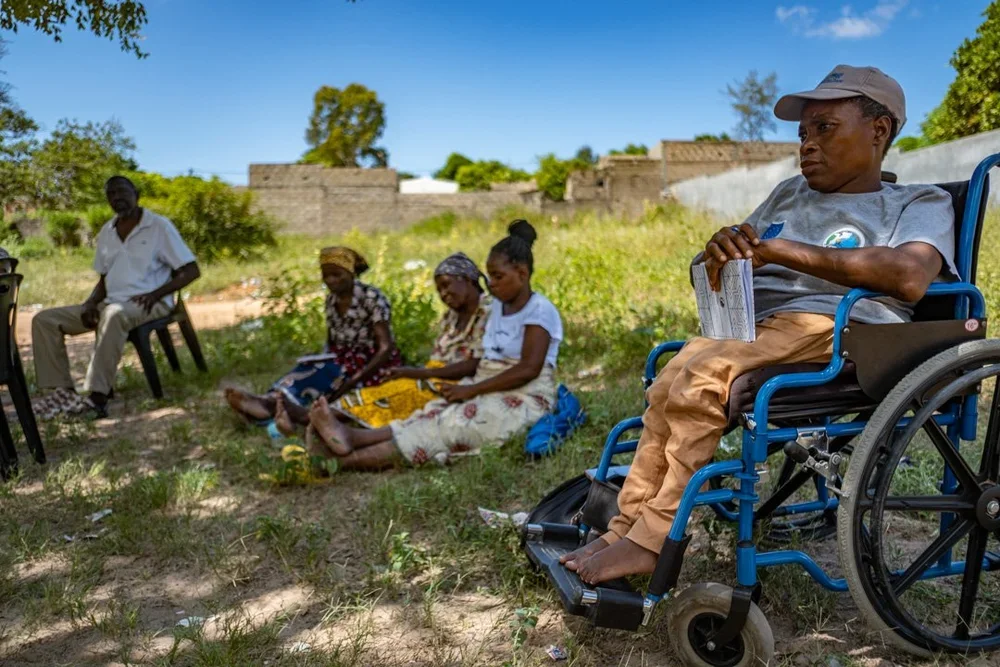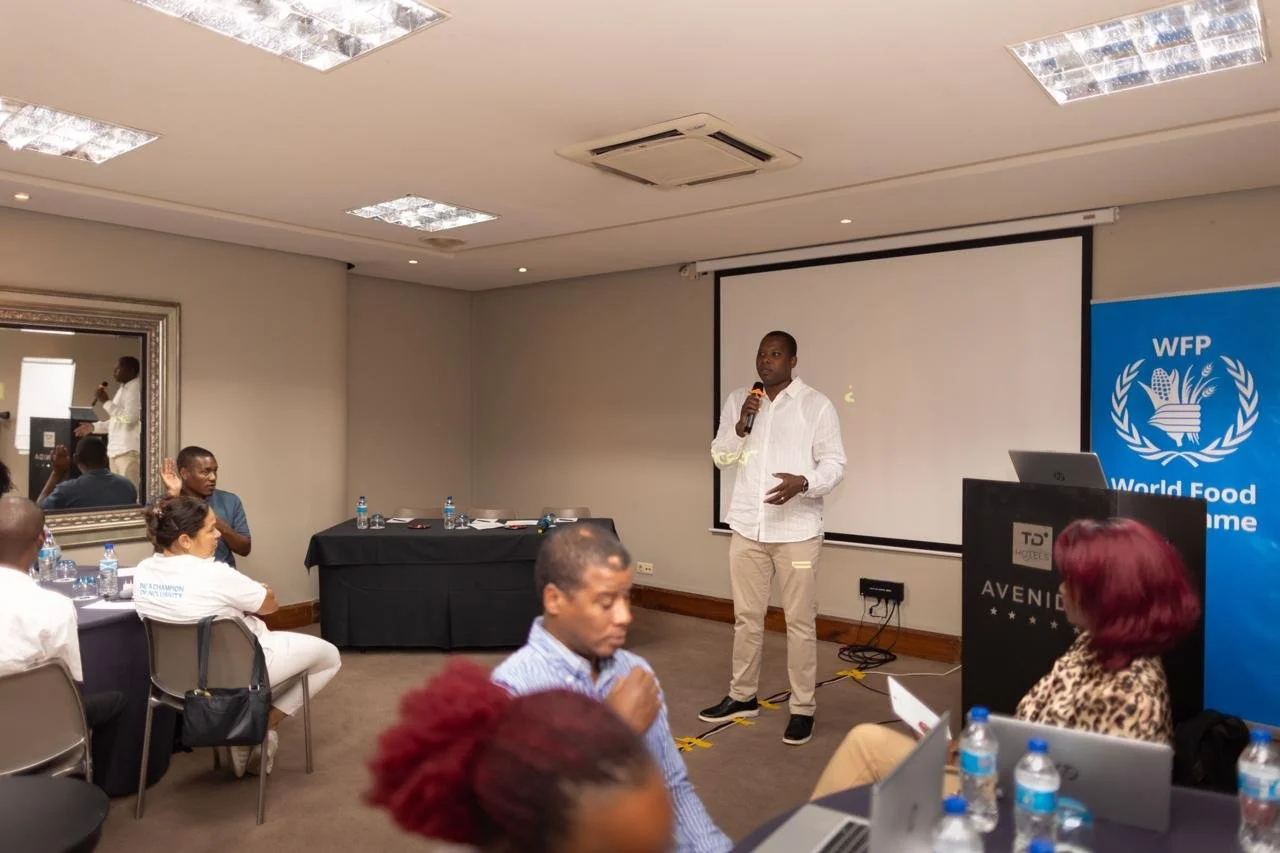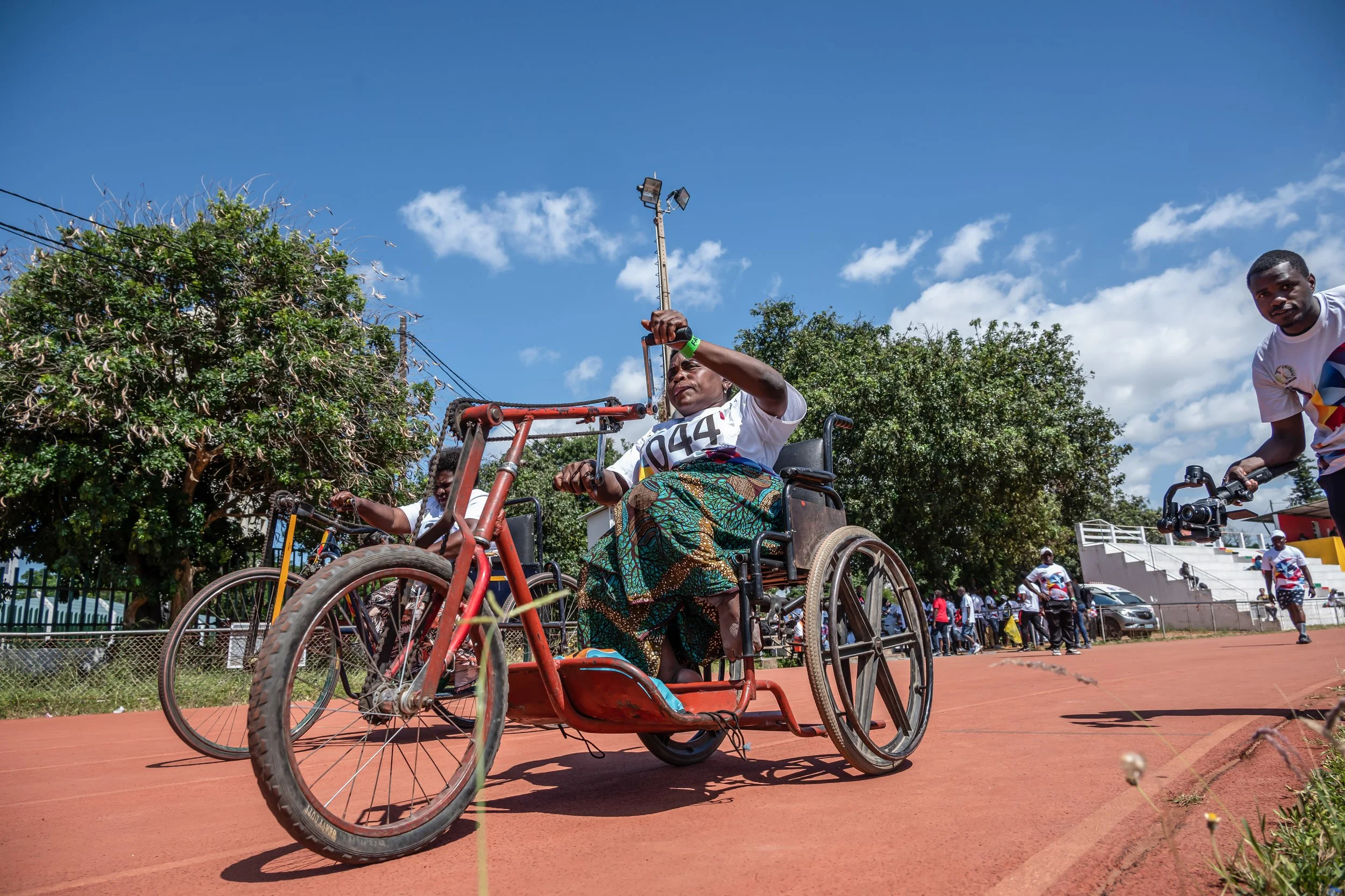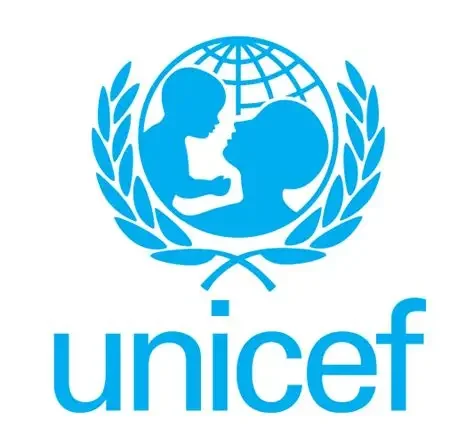Discover stories, voices, and real experiences driving change.
Join us in advancing inclusion that truly matters — where data, action, and humanity come together to shape a better future.
22 - 23 October 2025
Palexpo, Geneva
FAMOD at aidex: Inclusion and Resilience Experiences in Mozambique
Capacity Building: Laying the Foundations for Humanitarian Inclusion
FAMOD has played a key role in strengthening Organizations of Persons with Disabilities (OPDs) in Mozambique, focusing on removing barriers to humanitarian assistance.
The 2023 research funded by the Global Greengrants Fund (GGF) marked a turning point by deepening FAMOD’s understanding of disability and disaster risk management, enhancing its advocacy capacity within broader climate and humanitarian contexts.
Additionally, FAMOD’s Advocacy Committee, composed of representatives from various OPDs, has led training, advocacy, and lobbying efforts toward inclusive climate and humanitarian action. The passing of the Disability Act (2024), which includes provisions for emergency assistance, stands as a major milestone of these efforts.
Projects such as DICA and RECADO, supported by USAID, have reinforced FAMOD’s engagement in inclusive climate action, influencing local policies (LAPs and AAPs) and supporting drills with persons with disabilities for accessible humanitarian response. Disseminating information in accessible formats has been crucial to ensure that persons with disabilities receive appropriate assistance during climate shocks.
With funding from GGF, FAMOD is establishing, within the Advocacy Committee, a Working Group on Inclusive Climate and Humanitarian Action. This group, in addition to receiving ongoing training on these topics, will lead advocacy initiatives and promote the active participation of persons with disabilities in humanitarian and climate-related actions.
Inclusion Hubs, especially in Cabo Delgado, have been instrumental in community empowerment and humanitarian assistance monitoring, ensuring that no one is left behind, especially in contexts of insecurity caused by terrorism.
Advocacy: Influencing the Humanitarian System for Inclusion
Through the Disability Working Group, FAMOD provides technical support to humanitarian actors in regions affected by terrorism and climate change. With support from the World Food Programme (WFP), it has conducted training on disability inclusion in humanitarian response, and inclusive planning and budgeting, ensuring that accessibility and reasonable accommodation are considered from the early stages of projects and initiatives.
In collaboration with Light for the World, FAMOD implemented the Data That Matters initiative, aimed at developing an inclusive rapid assessment tool. This tool is designed to determine the prevalence of disability and identify the needs and barriers that hinder access to humanitarian services for both persons with and without disabilities.
FAMOD and member OPDs have enhanced food distribution and safe spaces through accessibility audits. In response to a 2024 cholera outbreak in Chiúre, Cabo Delgado, through the FAST-M initiative, FAMOD ensured inclusive emergency support for persons with disabilities, providing hygiene kits, accessible water points, and cholera prevention training. Awareness efforts targeted humanitarian actors.
Self-Help Groups mapped assistive device needs and assessed safe spaces for gender-based violence survivors. In Nampula, FAMOD launched a livelihoods initiative, distributing income-generation kits and offering entrepreneurship training. Campaigns promoted the Disability Act, empowering persons with disabilities to claim their rights and participate fully in emergency and development contexts.
In the realm of public policy, FAMOD has influenced strategic documents such as the Nationally Determined Contributions (NDCs), the Early Warning System, and the National Contingency Plans, ensuring that disability inclusion is a priority.
Its participation in platforms such as the Climate Change Reference Group (CCRG) and the National Civil Society Platform for Climate Change reinforces its role in coordinating and monitoring inclusive climate actions.
Principles for Effective Engagement of Persons with Disabilities
FAMOD’s work is guided by strong principles that ensure the effectiveness of inclusion. These pillars support a transformative approach that places persons with disabilities at the center of humanitarian and climate action.
Inclusive planning and budgeting
Accessibility
Reasonable accommodation
Capacity building
Active participation
FAMOD as a Reference in Humanitarian Inclusion
FAMOD’s experience demonstrates that the inclusion of persons with disabilities is not only a matter of rights but also of effectiveness and fairness in humanitarian response. Its work in Mozambique serves as a model for other organizations and countries seeking to build more resilient and inclusive systems based on meaningful engagement of local actors.
Our Partners

